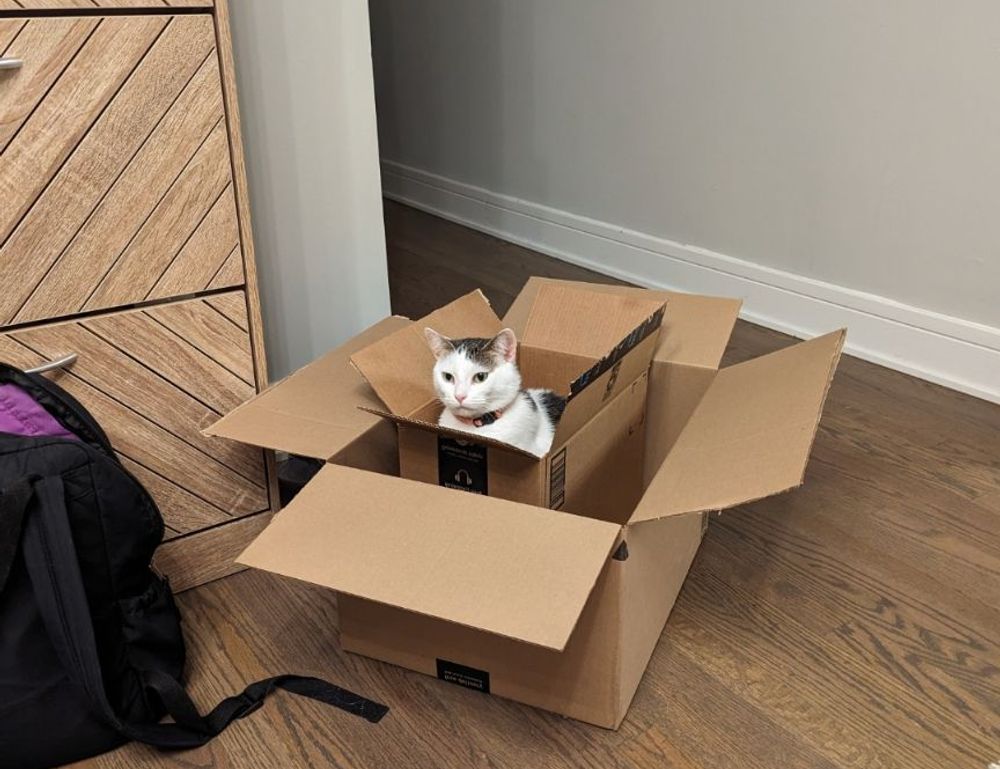
What’s the Deal with 9132581790?
Here’s what we know upfront: 9132581790 has been flagged in various online directories as a frequently searched number. Currently, it’s associated with the Leawood, Kansas area. But the story isn’t that simple. Users across different states have reported getting unsolicited calls from it.
Sometimes, there’s silence. Other times, it plays a recorded message. A few even report talking to a person—but those conversations often feel… off. Maybe it’s the scriptlike delivery. Maybe it’s the lack of coherence. Either way, red flags go up.
So what’s actually happening? There are a few possible explanations worth exploring.
Common Reasons You’re Getting the Call
There are three main ways numbers like these end up on your caller ID:
- Telemarketing – Some companies place mass calls for sales or promotions using robodialers.
- Scams – Fraudsters spoof real numbers to get past call filters and either phish for data or push fake offers.
- Misrouted or masking services – Sometimes companies or individuals use number masking to protect identities or privacy. Could be business. Could be shady.
Spoofing’s a big one. It’s almost impossible to tell at a glance whether the number is legit or not. Just because it’s listed in Kansas doesn’t mean that’s where the call came from.
Spotting Red Flags
Here’s what should make you back off:
Dead silence after picking up Vague messages that ask you to “press 1” Urgent tones about account closures, unpaid taxes, or gift card offers Grammar issues or robotic voices
Real organizations (your bank, the IRS, or a healthcare provider) don’t operate like this. They won’t ask you for sensitive info midsentence. They won’t get aggressive right off the bat. If you’re getting these vibes, hang up. Quickly.
What Should You Do?
If you receive a call from 9132581790, don’t panic. Just be methodical.
First step: Don’t answer if you don’t recognize it. Let it go to voicemail.
Second: If they leave a message, listen carefully without calling back immediately. Investigate the number online. Check for patterns—how many people are seeing it? Are multiple callers reporting the same experience?
Third: Use a reverse phone lookup tool. There are both free and paid ones that can help verify origin and usage history.
If something’s sketchy, block the number on your device. Then report it to the FTC (Federal Trade Commission) or your mobile provider. This helps filter out bad actors faster.
How to Protect Yourself Going Forward
You can’t control who calls you, but you can control your defense strategy.
Here are the mustdos:
Enable spam filters on your phone (most carriers offer them for free). Use callscreening apps like Hiya, Truecaller, or Nomorobo. Keep your personal info private. Don’t say “yes” during unknown calls—it can be recorded and misused. Tag and report sketchy numbers in apps — it helps flag them universally.
Also, don’t rely solely on your instincts here. Scammers are getting smarter—so you have to stay sharper.
9132581790: Final Thoughts
By itself, 9132581790 is just a group of digits. But in the wrong hands, it becomes a tool. Maybe it’s just a simple robocall. But maybe someone’s trying to bait you into sharing data, money—or worse. Don’t take that chance.
Treat unfamiliar calls like you’d treat a knock on your door after midnight: not with panic, but with awareness. Running a quick check before calling back or pressing buttons can save you time, money, and serious stress.
If you’ve had interactions with this number, sharing your experience online helps widen the public net of protection. Staying connected in the right ways is how we keep scammers on the losing side.
Stay sharp. Stay in control. And absolutely never give away personal info to a number that makes your gut feel uneasy—especially not one like 9132581790.



